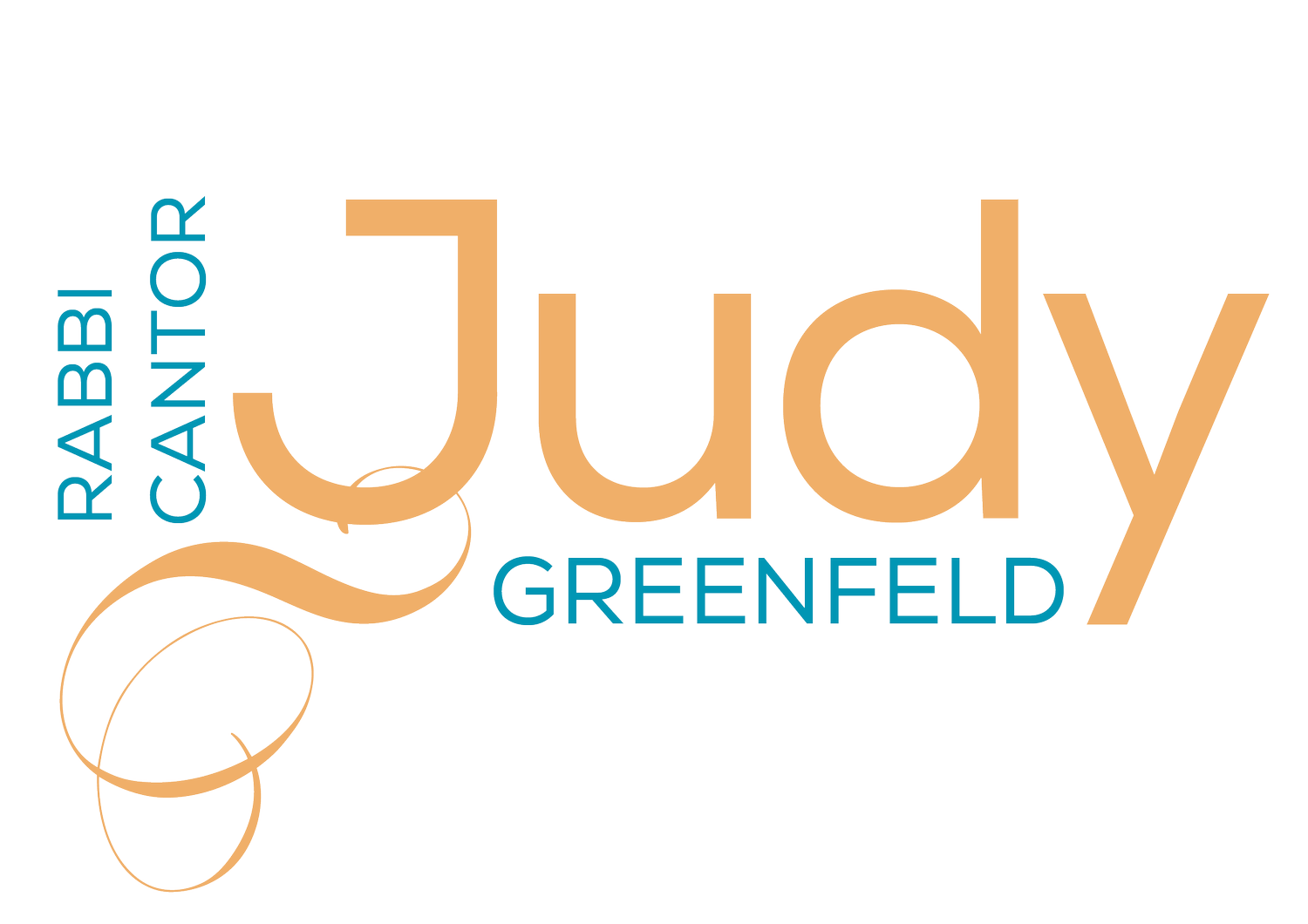Carrying the Torah Through The Desert
Written by Talya Bernstein Galaganov
Although the parsha this week is Metzorah, I nevertheless want to share what I realized at last week’s Shabbat service.
When the Torah service began, we sang, as usual,
It happened upon the journeying of the Ark, Moses said, “Rise, Eternal,” and Your enemies were dispersed, and Your foes were put to flight from before You.
As a big fan of knowing the source of a text, and the surrounding context, in order to know what ideas were intended to be brought in by way of its use, I had to find, once again, the source of the taking-out text. I wanted to know how far it was from the putting-back text, and what happened in between. I consulted with Rabbi/Cantor Judy Greenfeld, who was at services that day, who immediately located the source text in Parashat Beha’alotcha, Numbers/Bamidbar 10:35-36, where the two phrases appear one immediately following the other.
It is a tree of life to those who grasp/hold it, and those who support/nurture it are fortunate/happy. Its ways are ways of pleasantness and all its paths are peace.
: עֵץ חַיִּים הִיא לַמַּחֲזִיקִים בָּהּ וְתוֹמְ֒כֶֽיהָ מְאֻשָּׁר: דְּרָכֶֽיהָ דַּרְכֵי נֹֽעַם וְכָל נְתִיבוֹתֶֽיהָ שָׁלוֹם:
which is what we sing just before closing the ark. This time, I read it a bit differently. Every Jew has a different way they connect more strongly with their Judaism. Though not exactly the way the text is written, it felt as though these words were saying, “Find what connects you to your Judaism. Embrace it and come towards to the Torah. Whatever it is that most connects you is good.” Rabbi/Cantor Judy Greenfeld pointed out that the word “Shalom,” peace, comes from the same root as “Shalem,” Whole, or complete. Beautiful.
But what was the source text? We referenced Rabbi/Cantor Judy Greenfeld’s annotated Siddur (her thesis), and found it in Proverbs/Mishlei 3:17-3:18, where the sentences are reversed, and constitute the conclusion to a parent’s admonitions to his/her child to follow the ways of the Torah, and trust in G-d (which begins at Proverbs/Mishlei 3:1).
It was now clear to me. We recreate our travels through the desert when taking out and when putting back the Torah, but before closing the ark we remind ourselves that, though the physical Torah is being put away, its teachings and our obligations continue. Much as we use the Havdallah ceremony to help us carry the Shabbat throughout the week, these words help us continue to carry the Torah with us, through every action.
My name is Talya Bernstein Galaganov. I live in Fort Worth, Texas with my husband and three children. I am an attorney, and am very lucky to work for a nonprofit at a job I love. I attend shabbat morning services at Synagogue Ahavath Sholom
